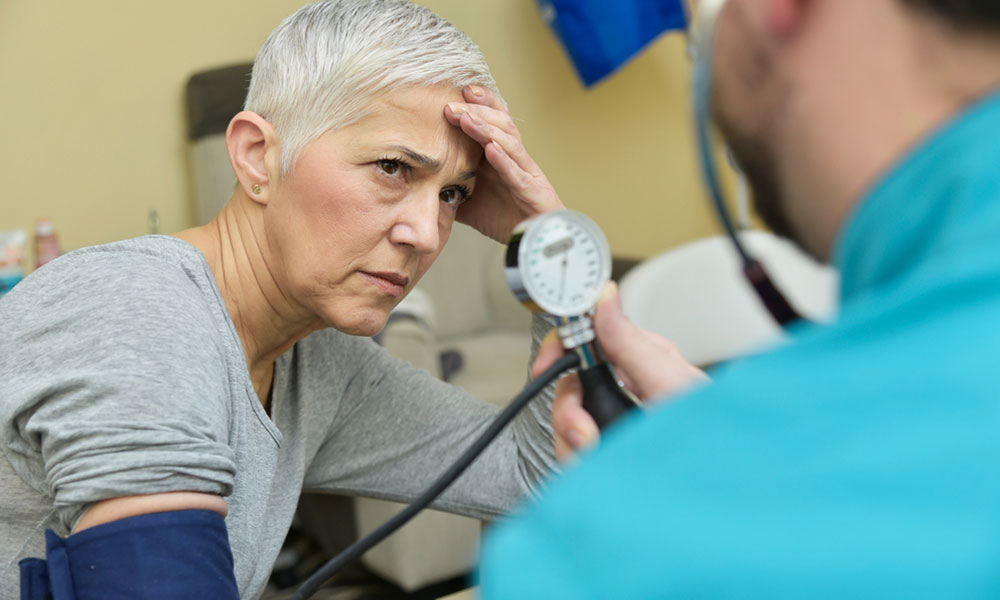Health Tips
Are You at Risk for a Stroke?
Strokes are a dangerous medical condition that can happen at any place, to anyone, and at any time. Today we would like to discuss some of the most important risk factors associated with strokes, and what you can do to help decrease your risk.
High Blood Pressure is a Problem.
Did you know if you have high blood pressure you are more likely to suffer from a stroke compared to a person with low blood pressure. Seeing your doctor and keeping your high blood pressure in check is a must if you want to lower your chances of having a stroke.
Smoking? Now Might be the Best Time to Quit.
As we all know, smoking is harmful to your health in many ways. Besides causing various cancers, smoking can also cause heart attacks, and since nicotine elevates your blood pressure, it can cause you to have a stroke as well. If you can’t quit smoking on your own, then we suggest you visit a doctor, or try using nicotine substitutes like the nicotine patches or gum. This is one of the healthiest decisions you can make in your life, and if you don’t smoke, please don’t start.
Are You Physically Active?
Another great tip for reducing your chance of having a stroke is exercise. Getting at least fifteen to thirty minutes of light cardiovascular exercise can decrease your chances of having a stroke dramatically. Even walking is a great way to not only burn some calories, but to keep your body healthy.
Do You Have Diabetes?
If you have diabetes you too might have an increased risk for both heart attacks and strokes. This is because over time your blood vessels become damaged due to high blood glucose. Heart attacks and strokes are also the leading cause of death in diabetic patients. Please click here for more information.
HEALTH CARE DISCLAIMER: This site and its services do not constitute the practice of medical advice, diagnosis or treatment. Always talk to your health care provider for diagnosis and treatment, including your specific medical needs. If you have or suspect that you have a medical problem or condition, please contact a qualified health care professional immediately. If you are in the United States and experiencing a medical emergency, call 911 or call for emergency medical help immediately.



